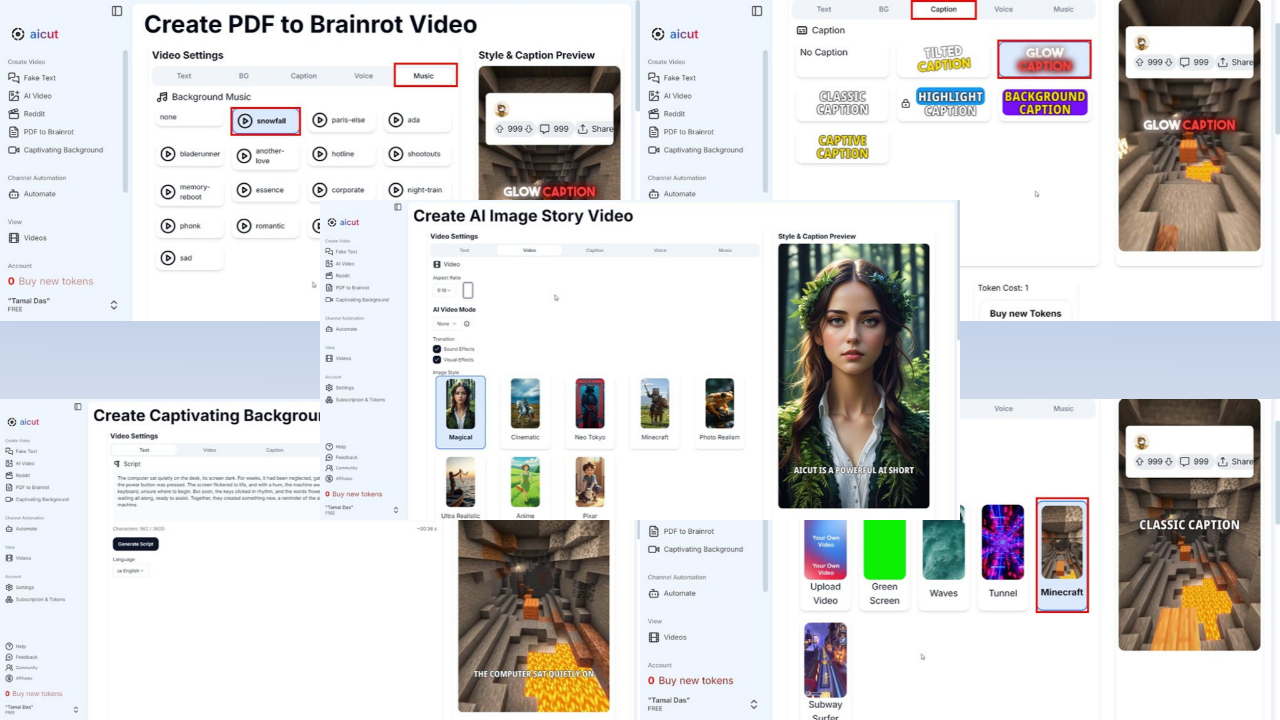Is Adobe really spying on you? Its latest TOS went viral for spyware-sounding updates
It's not even new
2 min. read
Updated on
Read our disclosure page to find out how can you help MSPoweruser sustain the editorial team Read more
Key notes
- People are upset by Adobe’s Terms of Service updates allowing “content review.”
- Adobe says it’s for support, fraud prevention, and applies only to server-stored content.
- Users consider switching to alternatives like Affinity or Clip Studio Paint.

Folks online are enraged after Adobe’s (supposedly) latest Terms of Service (TOS) uses some spyware-sounding updates where the productivity suite allegedly sends its users’ data for “content review” through “both automated and manual methods.” But, is it, though?
The TOS update, dated back in February 2024, says that Adobe may access, view, or listen to your content in limited ways, as allowed by law. This includes helping with support requests, addressing fraud and security issues, and enforcing their terms of service.
In its own words, “We may access, view, or listen to your Content through both automated and manual methods, but only in limited ways, and only as permitted by law.”
Publication The Stack also noted changes that were made and compared them side-by-side, but the truth is, the so-called change has actually been around for quite some time. Or, at least the “concerning” part.
In a separate FAQ for content analysis, Adobe then says “Adobe performs content analysis only on content processed or stored on Adobe’s servers; we don’t analyze content processed or stored locally on your device.” Or, in other words, it does not train any generative AI models on the customer’s content.
Adobe then broke its silence, although the company does not necessarily have the best track record when it comes to this. Adobe’s Scott Belsky, the founder of Adobe-owned Behance, says that they “obviously have tight security around any form of access to customer’s content.”
“As a company that stores cloud documents and assets for customers, there are probably circumstances (like indexing to help you search your documents, updating components used from CC libraries across your documents, among others) where the company’s terms of service allow for some degree of access,” he mentions further.
The company also says in a separate clarification statement when needed to perform functions designed for Adobe applications, deliver innovative cloud-based features, or screen for certain types of illegal or abusive content.
But the damage is done. Online folks are still right to express their disappointment. Some of them even said that they’ll resort to other alternatives, like Affinity or Clip Studio Paint.
Ouch.








User forum
0 messages